We often get advice from family and friends, some helpful, some politely ignored. But when it comes from professionals, especially health and emergency workers, it’s a whole different story. These are people who’ve seen it all, and when they share tips, it’s worth listening to.
Today, we’ve compiled real advice from emergency workers that could genuinely save lives or at least make you better prepared when things go wrong. Keep reading to find out the smart, simple, and sometimes surprising tips emergency workers want you to know because a little knowledge today could make all the difference tomorrow.
#1
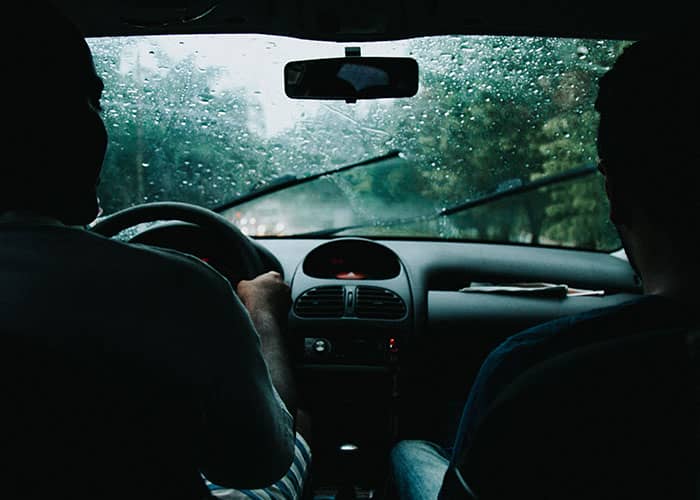
I asked my EMT fiance and this is what he told me: Don’t use cruise control when it’s raining. The cruise control is based on engine RPM; when you hydroplane and slow down the cruise control will speed up the car. When the tires do gain traction again you’ll be off like a rocket.
#2
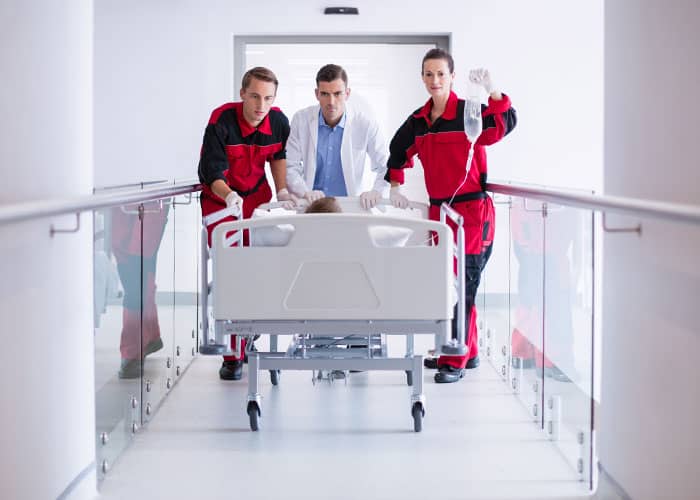
Be honest with the ER personnel. They are not the police and information is confidential.
#3
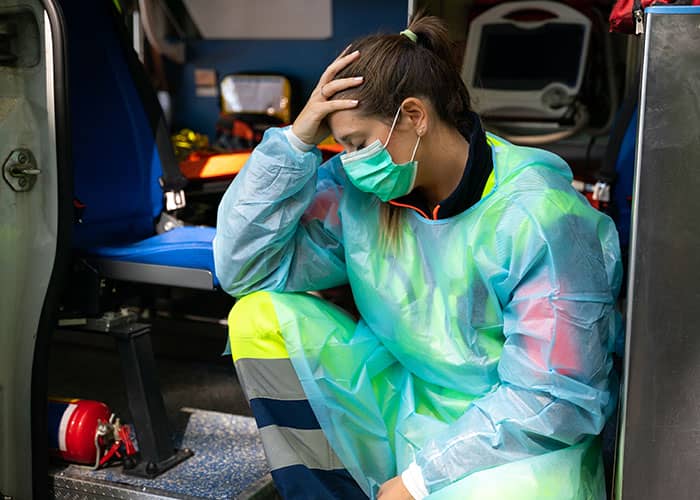
If we tell you NOT TO MOVE YOUR HEAD, DON’T. I’ve heard more than enough stories of EMTs telling patients not to move their head. The patient does, and bam: they’re dead.
In any profession, you learn new things on the job every day. For healthcare workers, these lessons are often the kind that can make a real difference: sometimes even save lives.
Whether it’s how to react quickly, what not to do in a panic, or which home remedies to avoid, real-world experience counts. That’s why listening to advice from seasoned professionals is so important, especially in medical situations where timing and knowledge truly matter.
#4
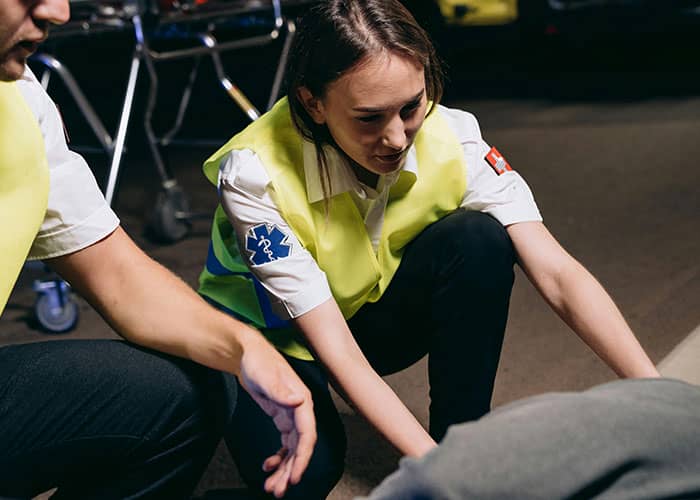
Don’t crowd around someone if you’re not going to help. Call 911 ASAP. It’s basic stuff. Also, if you are helping, get out of the way when someone more qualified than you shows up. They’ll tend to do a better job.
#5
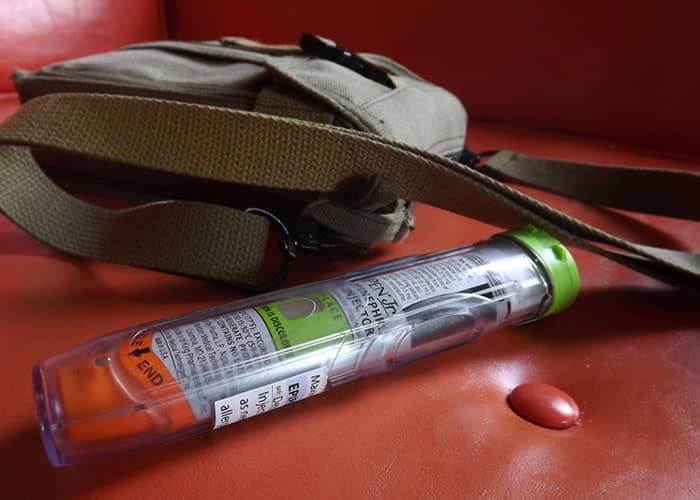
I really wish that people with severe allergies would keep their epi-pen with them, this has happened too often for my liking.
#6
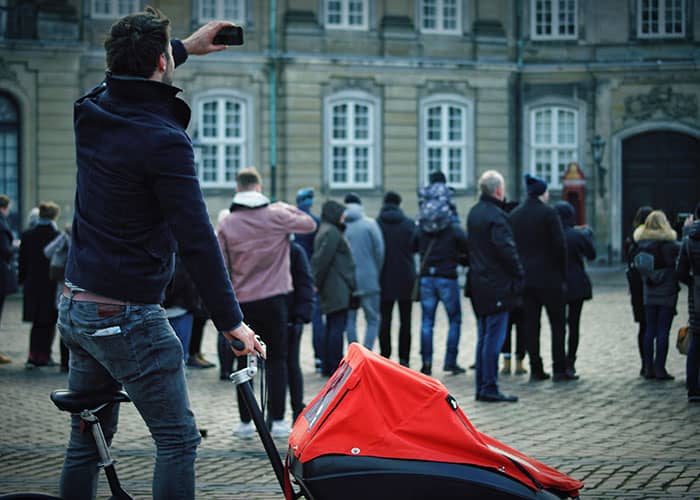
If you didn’t see the event, are not directly involved in it, or not directly assisting in resolving the problem, leave the g*****n scene and get out of the way.
To better understand how to handle everyday emergencies, We spoke with Dr. Alka Pradhan, a general physician who has been running her own clinic in Mumbai for over 30 years. With decades of experience treating everything from small injuries to sudden illnesses, Dr. Pradhan has seen firsthand how misinformation and delays can turn minor issues into serious problems. Her advice? Don’t wait for things to get worse, act smart and act early.
“Listen to your doctor,” she says simply. “They definitely know better than you, especially in medical situations where things can escalate quickly.” While she understands people have access to endless advice online, she emphasizes the importance of sticking to verified medical guidance. “What works for one person on social media may not work or be safe for someone else.”
#7
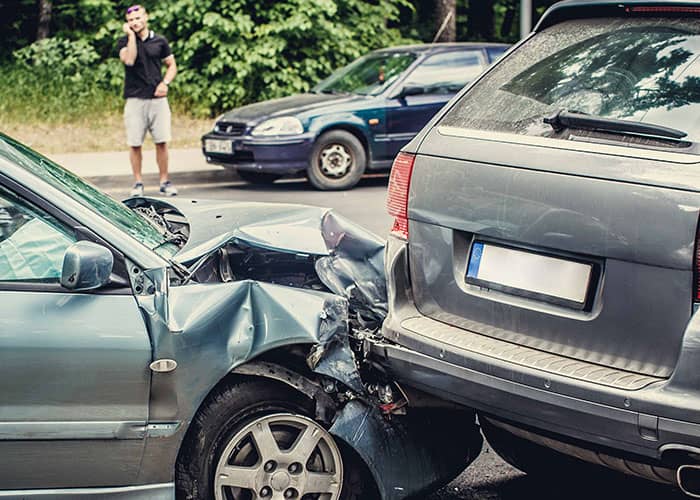
Unless the car is on fire, DO NOT pull them out. Cars almost never just explode, if there is no fire, do not touch the person, keep them calm and wait for the professionals.
#8
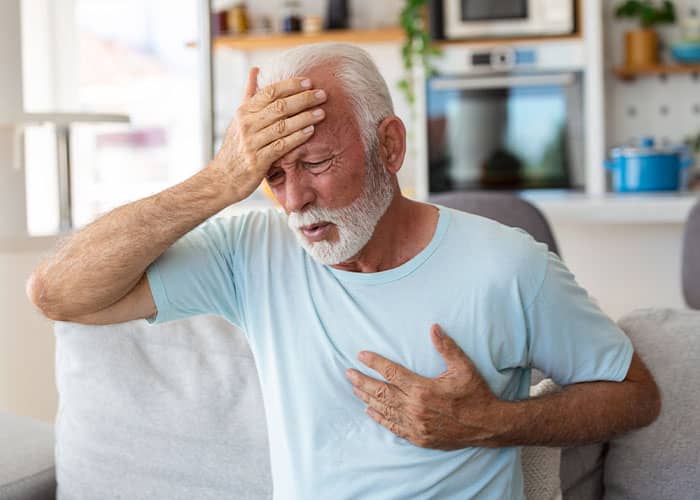
Don’t think it was mentioned here, but if you see someone who suddenly has paralysis one side of their body or they can’t speak or don’t make sense – they’re probably having a stroke. Strokes are emergencies, get emergency help, immediately. Some can be reversed, others, unfortunately, cannot.
#9
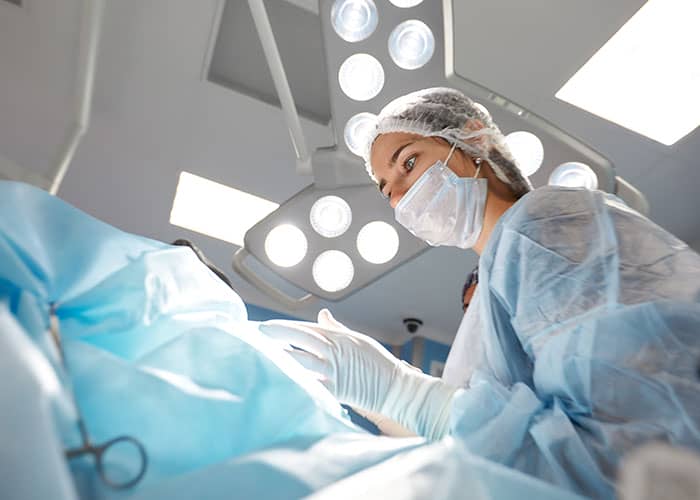
If you ever see a puncture wound, *do not* remove the puncturing object! Just leave it in! It has already done its damage, and it’s not going to do any worse just by staying there a little longer.
Leaving the object in place will let it act like a stopper in the hole. If you remove it, all you’re doing is letting blood and other important stuff leak out. That is the opposite of helpful.
That goes double for the eyeball. If you ever see someone with a punctured eyeball, for the love of God do not pull anything out. Blindfold the other eye to stop the victim from looking around, and then keep your d**n hands to yourself. A surgeon might just possibly be able to save the sight in the eye, as long as you don’t yank the stopper and let all the important contents ooze out.
She points out that people often rush to apply home remedies without fully understanding the risks. “Take turmeric, for example,” she says. “It has its uses, but putting it directly on a cut without cleaning the wound properly can lead to infections. People think it’s healing, but they’re actually making things worse.” Her message is clear: when in doubt, ask a professional before acting.
#10
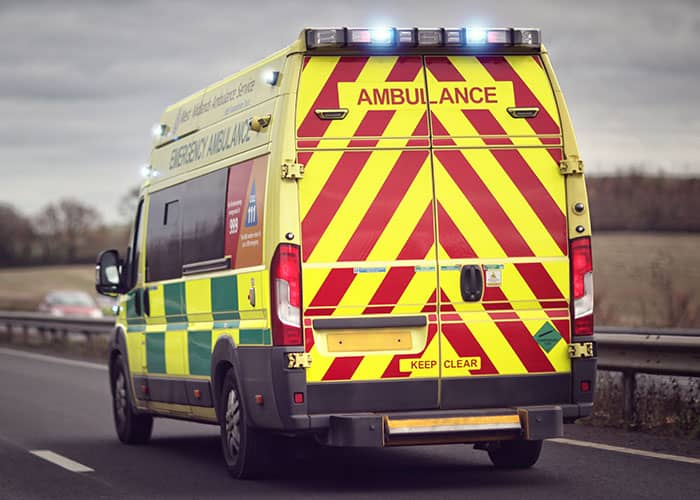
If there’s an EMS vehicle behind you, with it’s lights and/or siren on, Get The F**k Out Of The Way!! If you have to run a red light to allow them to pass, then do so. ( Just make sure there’s no oncoming traffic first!!).
If you witness a motor vehicle accident, please stay and give the police a report of what you witnessed.
If you have ANY first aid training, for heaven sakes Use It, but never try and go beyond your level of training.
Never move an injured person, unless their life is in immediate danger. ( I actually witnessed a bystander grab a car accident victim by the arm and yank her out of her wreaked car.)
Call 911, stay on the phone and give the operator as much information as you can.
#11
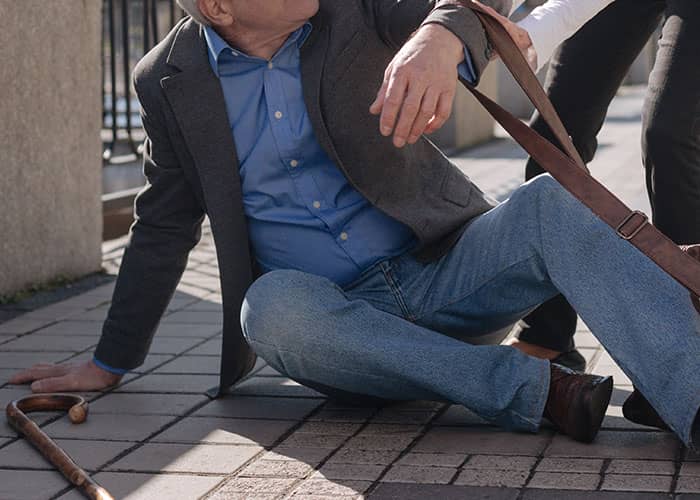
If someone is unconscious or has been knocked out, dont try to pick them up and magic their eyes open. Roll them onto their side and make sure they dont suffocate on vomit.
#12
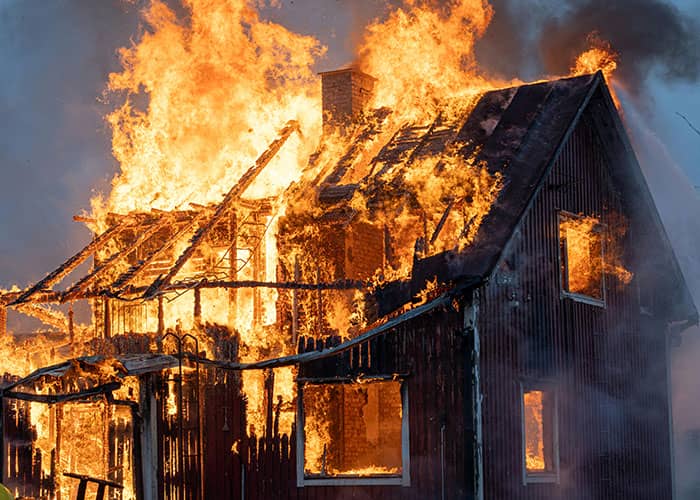
Without a doubt the most important lesson taught when I was in training, and it applies to bystanders as well as to emergency personnel: DON’T DO A F*****G THING UNTIL YOU HAVE TAKEN THE TIME TO SIZE UP THE SITUATION AND DETERMINE THAT YOU WILL NOT BE PUTTING YOURSELF INTO DANGER AS WELL.
Seriously. Take a few seconds to make sure that you don’t become the next casualty. Those few seconds are unlikely to mean the difference between life and death. Except possibly for you.
Heros die first. It’s a natural law.
For common burns, like when someone touches a hot pan or spills boiling water, Dr. Pradhan advises immediate action. “Run the affected area under cool, not ice-cold water for 15 to 20 minutes,” she explains. “Don’t apply toothpaste or butter, no matter what your neighbor says. These can trap heat and lead to complications.”
#13
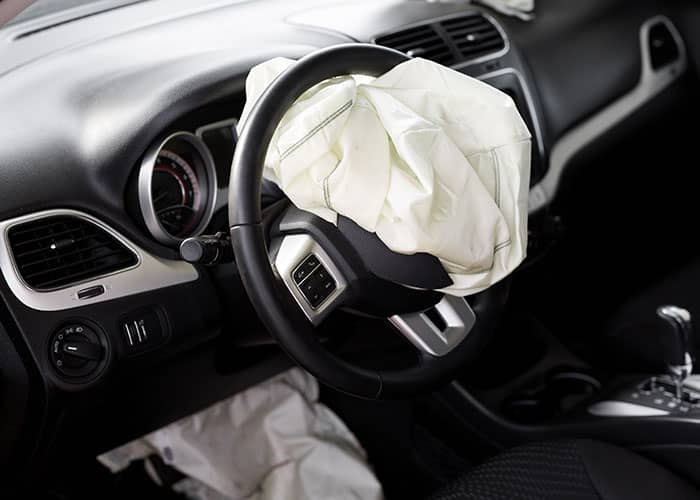
I used to be a cop and the one thing that stays with me is:
When attending a car accident you MUST check to see if the airbag has deployed before touching any casualty. If you don’t see white dust and a deflated bag on any of the seats (even check the back) then never lean over to help. If the air bag deploys it will k**l you and the casualty.
If you want to administer first aid then only put your arms in. Even then if it deploys that s**t will snap horribly – very nasty breaks.
#14
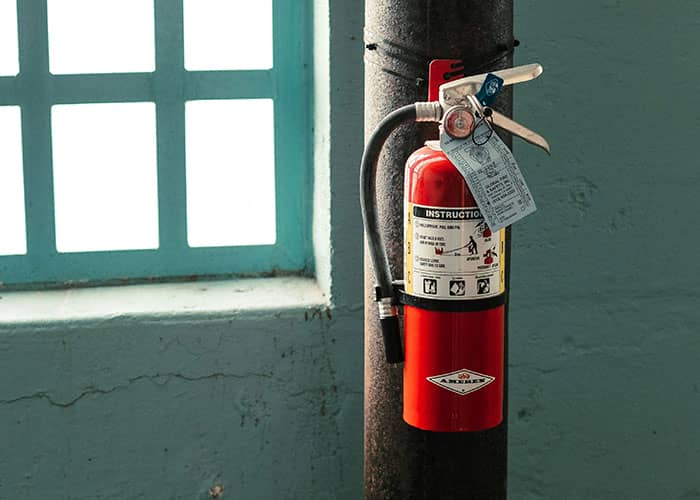
Take note of where the AED’s are when you are in a mall or other location. Even employees don’t remember most of the time. Also, make sure your the AED at your workplace is working.
The wreck is not over. Other people are still driving by at 70mph and aren’t paying attention.
Clear a space for a stretcher. It’s bigger than you think.
#15
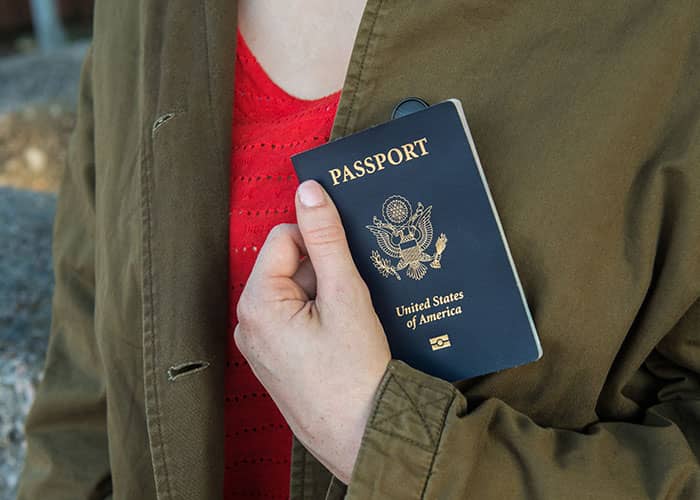
Always have some form of ID on you in everyday life. If you get in an accident, responders will be able to identify you in 5 seconds. Have a contact labelled ‘In case of emergency’ or ‘ICE’ in your phone, or a number written on a card in your wallet so that emergency responders can easily get in contact with people important to you. Alternatively have your parents labelled as ‘mum’ or ‘dad’, although I understand not everybody would want their parents as being the first to be called.
If you sprain your ankle or wrist, her tip is easy to remember: RICE: Rest, Ice, Compression, and Elevation. “Apply ice for 15 minutes at a time, keep the area elevated, and don’t overuse it. That gives the swelling a chance to go down,” she adds. “People often skip the resting part, but it’s the most important.”
In case of a fall, whether from a ladder or staircase, Dr. Pradhan warns against quick movements. “If the person is unconscious or you suspect a neck or back injury, don’t try to lift them. Call emergency services and keep them still,” she says. Moving someone incorrectly can worsen internal injuries or spinal damage.
#16
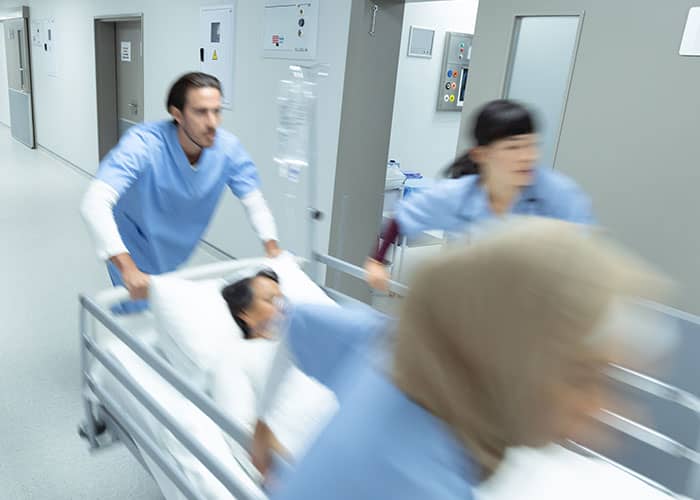
ER doc, I need to know the basic info on what happened. I also need to know what you have in your system. Do not lie to me about those two things. Don’t worry about if it is relevant to your situation, I will decide if it is relevant or not and ignore it or act on it accordingly. Also, don’t tell your pain is “10 out of 10”, it isn’t. If you can vocalize that statement your pain is not really that bad. Right or wrong, if you say that, I think you are exaggerating. If you really are 10/10 I will know it because it will be obvious. I take 7’s and 8’s more seriously than 10’s.
#17
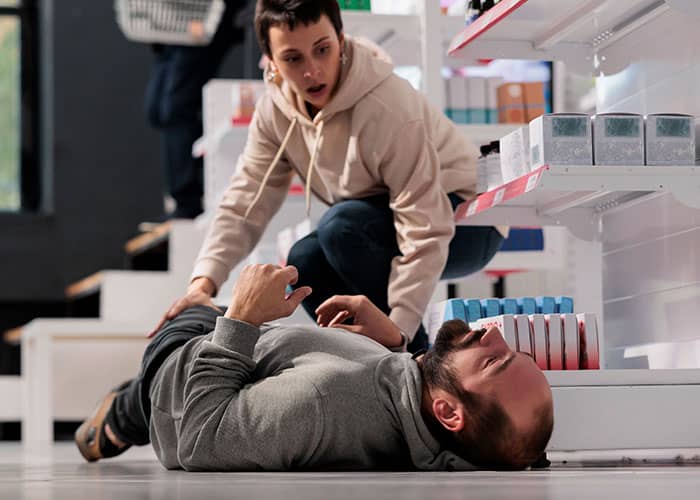
EMT here. If there’s even a slight risk of someone having a spinal chord injury, even if it may seem minimal, **DO NOT MOVE THEM.** Hold their head straight whichever way the rest of their body is facing.
Also, if someone is having a seizure, do not stick anything in their f*****g mouth. I cannot tell you how many times I have seen a possible bitten tongue turn into a choking emergency because of idiots who think they’re being a hero by giving them a makeshift “bite stick.” The person will be thankful for couple stitches in the tongue rather than a hole in their neck or a tube down their throat from us.
#18

Chest pain, can’t breathe? Real emergency. Worst stomach pain you’ve ever had with nausea/vomitting or a fever/sweating? Real emergency. Cut yourself and it probably isn’t going to stop bleeding in the first 5 minutes of applying pressure? Real emergency. Worst headache of your life with double, blurry, or weird vision when you have no history of migraines? Real emergency. Your first seizure, or you’re compliant on your seizure medications but have one anyways? Real emergency. Just passed out? Real emergency.
Your local ER, especially if you live in an inner city urban area, is overflowing with people who have chronic back pains, blisters on their feet, a soreness in their back or shoulders, stomach indigestion, runny noses, or ear aches.
For the love of god do not call an ambulance for anything you think can wait a day to be seen for.
Another common scenario she sees? People faint due to low sugar or dehydration. “If someone faints, don’t splash water on their face or shake them. Make sure they’re lying down with their legs slightly elevated, and let them recover slowly. If they don’t regain consciousness quickly, get help immediately.”
#19
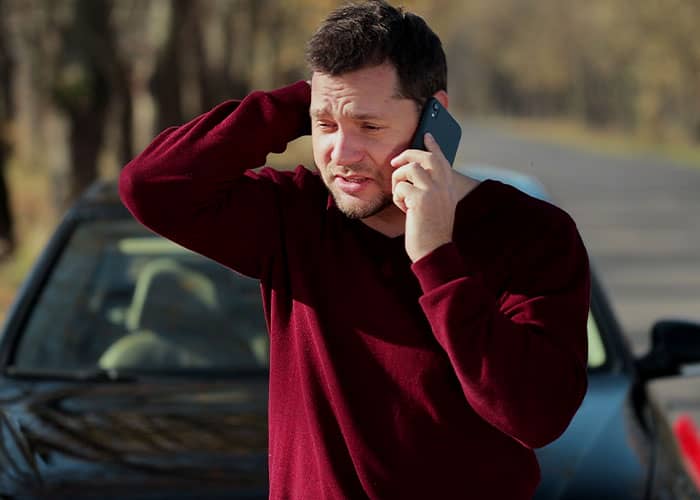
From personal experience. If you have a medical emergency while driving… Don’t try to drive to the nearest hospital. Pull over and call 911.
My little sister died from a tragic heart attack in the car. Her friends panicked and drove to the nearest hospital 20 minutes away. Had they pulled over and called 911 the paramedics would have arrived faster and she could possibly be alive.
Also if you are a bystander, don’t try to help the paramedics or tell them to hurry up. Paramedics are trained to assess a situation first for safety. Standing off to the side and yelling at them to hurry up won’t help.
#20
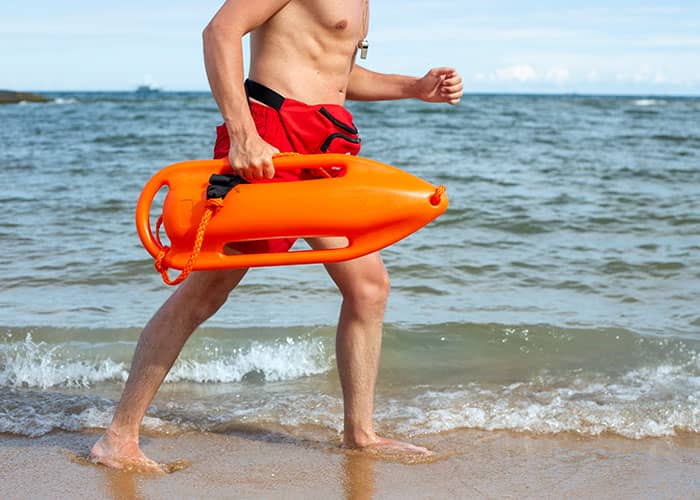
Former lifeguard here. When an emergency happens and 911 needs to be called, the ABSOLUTE WORST THING you can say is “somebody call 911!”. No one will do it.
If you are about to go and help people involved in the emergency, point at some *specifically*, identify them by something physical or name, and tell them to call 911 and then come back. “You in the white hat, call 911 and come back!”. Now at least someone is accountable and has a direct command to follow in case their brain shuts down.
If you cannot help the situation (everythings on fire, you don’t know how to handle injury), then YOU call 911. No exceptions. Even if the guy next to you is on the phone, that doesn’t mean he’s calling the police. He could be telling his wife he’ll be late to dinner because of the incident (seriously). Call 911 and return to the scene (as a witness, extra hand, etc. leaving is BAD). It’s better that a dispatcher gets 5 calls of the same incident than zero.
#21
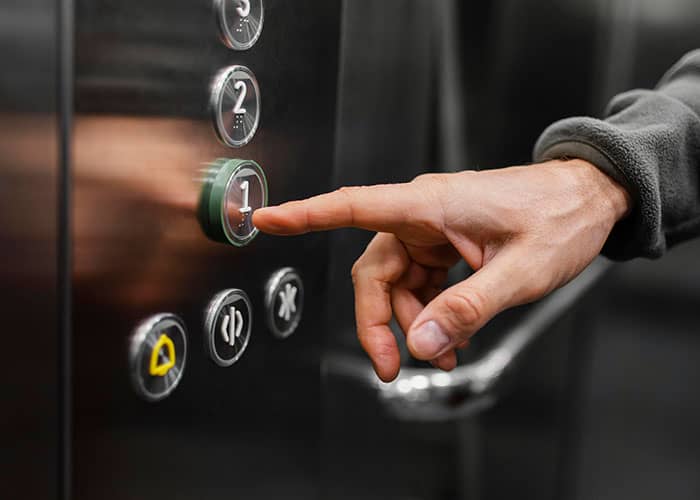
I answer emergency elevator, help and pool phones.
If you are ever stuck in an elevator, here’s what you do:
1. For the love of God don’t panic. You’re going to be just fine.
2. Hold down the door open button for ten seconds. If the doors open and you can safely exit, do so. Yes, even if you aren’t on the right floor.
3. If the above doesn’t work, press the button for the first floor. It might take you down and open up.
OR
Press the button for the floor that you are currently on. Again, if the doors open, get off the elevator.
4. Get out your phone. If you have a signal, call 911. They will send the fire department, which is going to be the fastest possible response, not to mention the most reliable.
5. If your phone doesn’t have a signal, and none of the above works, you’ll have to take your chances with someone like me, and hit the help button in the elevator. The person who answers the phone might be with a third party monitoring company, (like myself) the elevator company, or in very rare cases, they may connect to 911 or somebody in the building.
6. Answer the questions for whoever answers the phone call from the help button. Then wait for rescue.
Here’s the thing. If you use the help button in the elevator, chances are, it will be the elevator company who is dispatched to get you out. Average time for an elevator tech to get out there, depending on time of day/night is 30 minutes to an hour and a half. In rare cases, we get to call the fire department for you, in which case, lucky you. Other times, we have to call building management, otherwise known as the least reliable option ever. So there you go.
Dr. Pradhan also strongly encourages everyone to take a basic first aid course. “You don’t have to be a doctor to help in an emergency. Knowing how to bandage a wound, perform CPR, or deal with choking can be life-saving. It gives you confidence and can buy valuable time before professionals arrive.”
#22
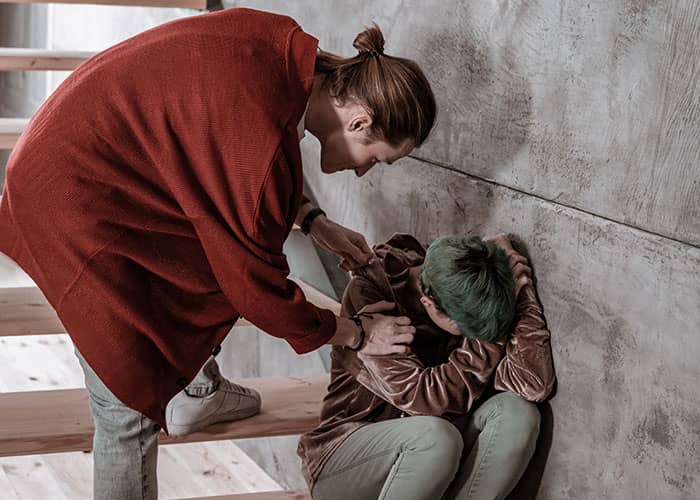
I don’t know if a lot of people actually do this, but treat for shock.
#23
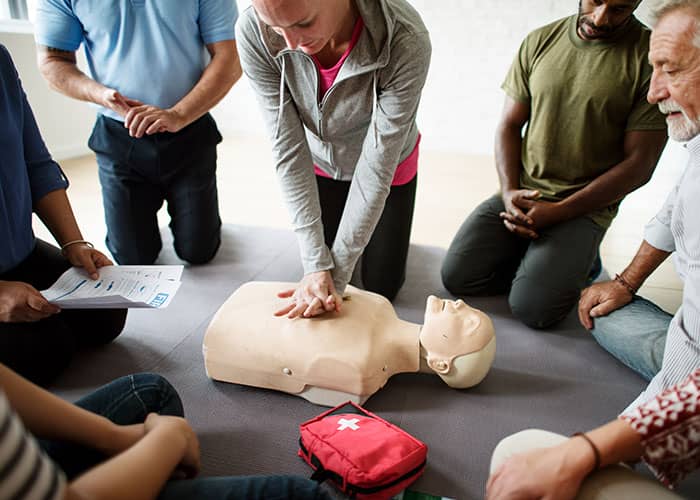
Please go learn CPR….in most communties it is free
going in by ambulance will not get you seen faster.
IF you only want me to check you out to see if your okay then your prolly okay.
having a cold, hangnail or ingrown hair is not a reason to call 911.
#24
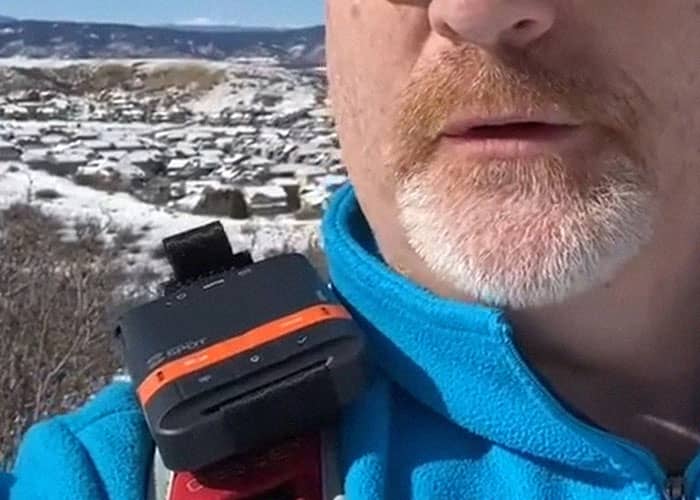
Ground Search and Rescuer here.
If you want to make my job obsolete buy a SPOT or Personal Locator Beacon. These are literally starting to reduce the number of searches we go on in a year. If someone is injured in your party or you get stranded somewhere, these devices will send a distress signal to the closest emergency responders with your GPS or UTM coordinates. I’ve heard stories of people having a helicopter to them within 40 minutes of pressing the button.
I don’t work for these guys so I’m not promoting the SPOT or PLB for any other reason than to let you know they work brilliantly and can save your life.
One of her most important pieces of advice? “If you don’t know what to do, don’t guess. Wait for professional help, keep the person calm, and don’t experiment. Doing the wrong thing with good intentions can still cause harm.” She reminds us that sometimes, staying still and alert is the best thing you can do.
#25
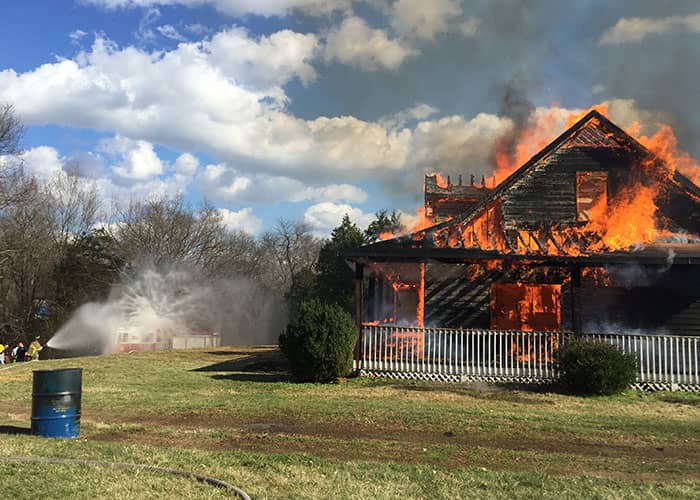
Wildland firefighter here.
The best help you can provide is information. Home, contact, water resources, pets/farm animals you may have. Also if an evacuation has been ordered, please don’t stay behind and try to be a hero. Almost always on incidents someone tries to help and gets into trouble, then we have to divert resources away from the fire to take care of them.
Also for the love of God don’t panic. Almost always there is time to get your property in order and calmly drive to safety. Driving 70 MPH down a rural road in heavy smoke and traffic will just get someone k****d. I’ve seen it before.
#26
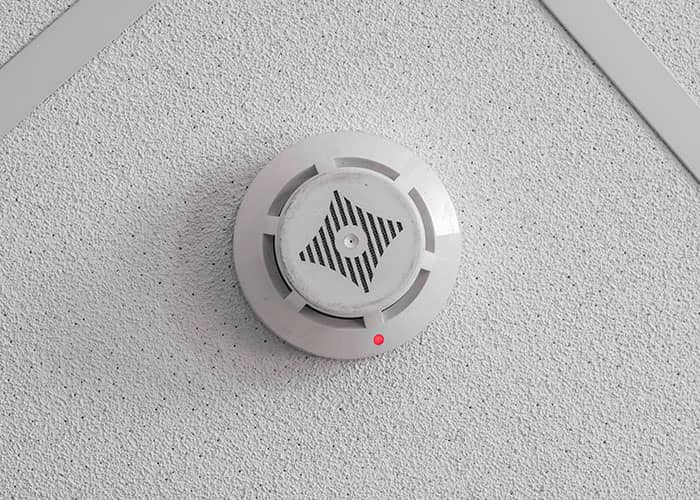
Prevention tip please actually check your smoke detectors. It is the difference between being on the front lawn when we arrive or being trapped inside.
Also if you are in a crowd indoors, find a second exit different from the main exit. If the place catches on fire or someone pulls out a gun and the crowd starts to move, you can easily escape to safety while everyone else will be trapped by main exits.
Please seriously, these two tips may save your and your families lives.
#27
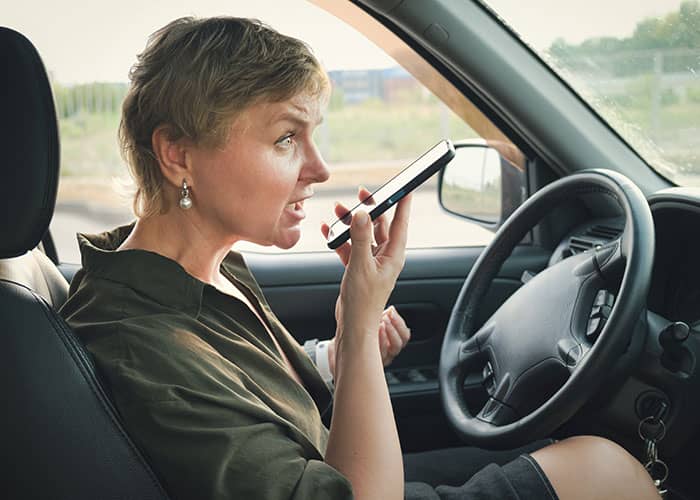
As a former emergency dispatcher:
Keep your head on your shoulders. I’ve already dispatched help to you once I got the location; everything else I ask/tell you is to update the first responders and/or enable you to help the injured person. Screaming, “JUST SEND SOMEBODY!” helps no-one; “somebody” is already on the way.
As AI and online health tools gain popularity, Dr. Pradhan offers a word of caution. “Don’t blindly follow what an app or chatbot says. Use them for guidance, sure, but don’t substitute them for real medical care. Your body deserves better than auto-generated advice.”
In the end, she believes preparation and presence of mind go hand in hand. “Health emergencies can happen to anyone. Knowing the basics, avoiding bad advice, and listening to professionals can make all the difference.” It’s not about doing everything, it’s about doing the right thing, at the right time.
#28
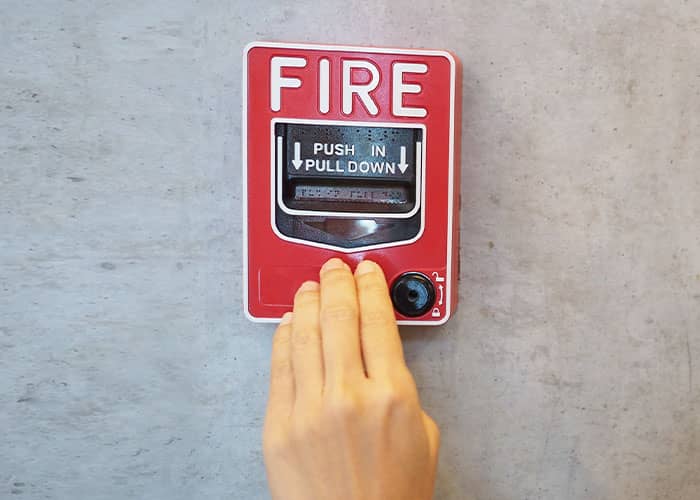
If people actually followed the rules of the fire drill when there’s a real fire. Just walk fast in a line down the stairs, not pretend like it’s a mosh pit.
#29
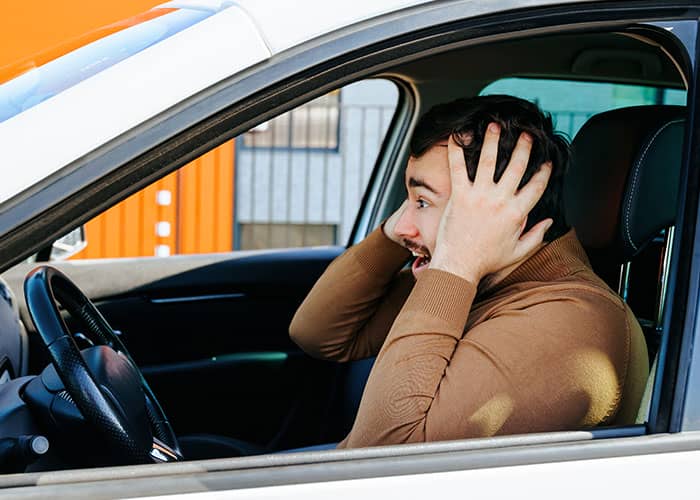
The best piece of advice I’ve ever seen in this line came from a bottle of ketchup:
> Keep cool, never freeze.
#30
Point people out to do something don’t just say it give somebody the assignment.
#31
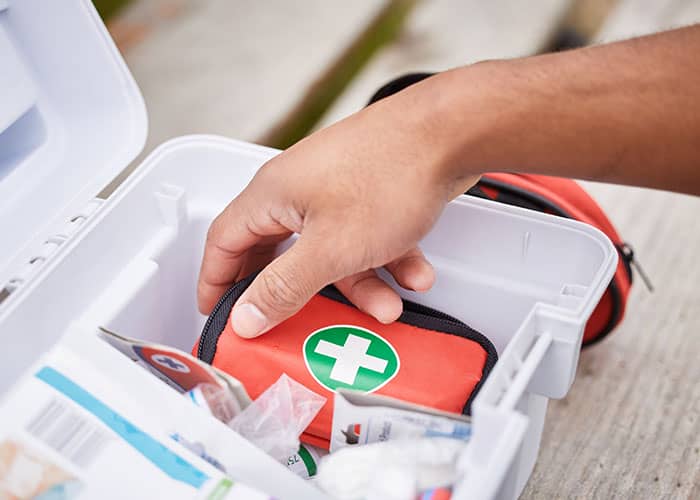
Well I personally think that knowing where any first aid kits are, and the location of emergency exits.
#32
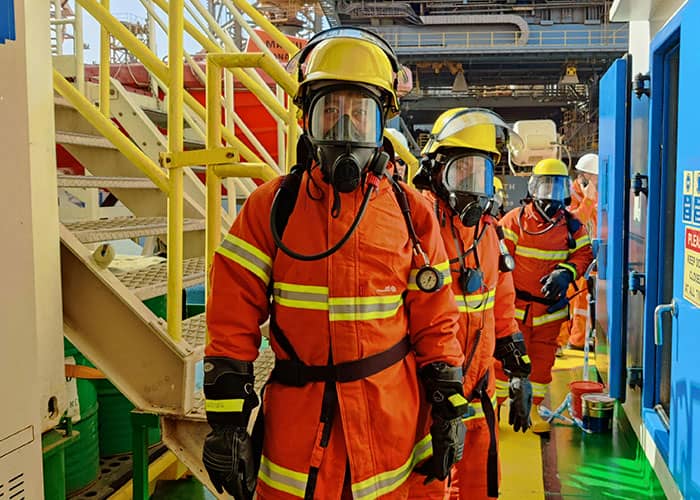
Industrial EMS here. In our case, find an emergency shower, rinse, and don’t stop until I(we) show up to take care of you. don’t move, either. Movement from the point of incident is no bueno. Also, for all EMS situations, learn CPR. It’s $31 American to learn, and well worth it.
#33
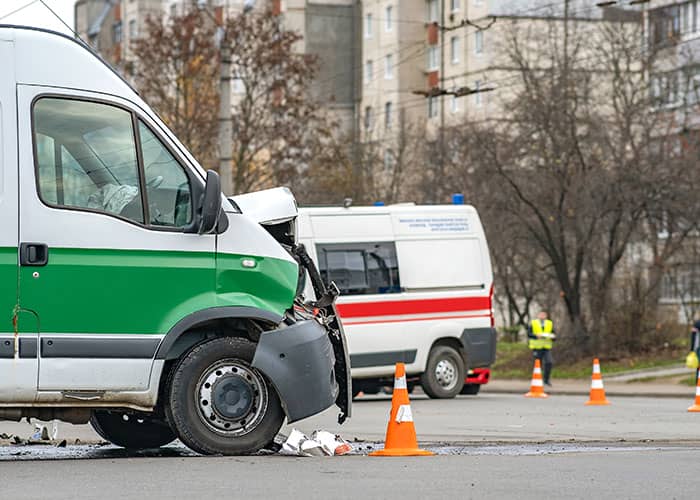
If you see a car accident, make sure you give accurate information on where the accident is to the 911 dispatcher. Giving an incorrect location wastes time and can lead to a worse outcome for the patient(s). Also, not all places in the US have GPS locating for 911 calls, don’t assume your location is automatically reported.
#34
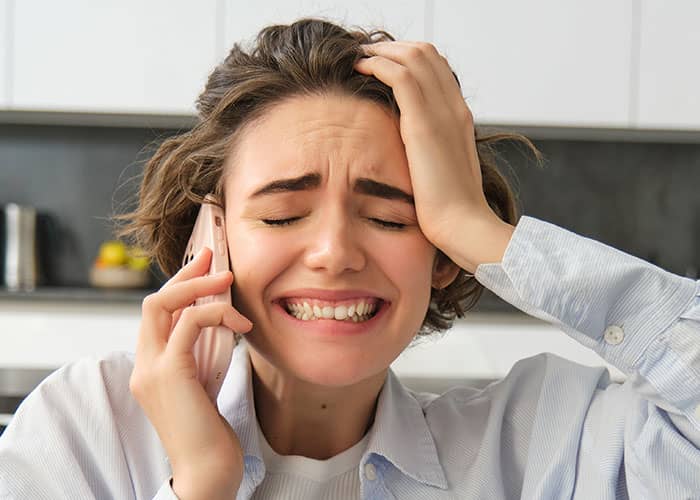
The best advice we can give you is just calm the f**k down. Notice how we don’t freak out while on scene? It helps no one for you to be yelling and screaming.
While on the phone with the dispatcher, calmly give your location as best you can, a brief summary of what is going on, and any pertinent medical information.
I drive ambulances in rural pennsylvania, and have missed houses or driven out of the way because of an incorrect address. Please try to be as precise as possible, and if youre unsure, look at some major landmarks in the immediate vicinity.
Breif summary is important. Don’t just tell me a car flipped, tell us the number of vehicles, number of possible people involved, anyone ejected from the vehicle, anyone entrapped in the vehicle, things of that nature. Don’t just say sick person, describe what’s going on.
Pertinent medical information is key. It can often be the difference between a “chest pain” and possible heart attack. Chest pain, while severe sounding, is something we don’t really go lights and sirens for. Possible heart attack however will get us there ASAP.
#35
If someone looks like they’re drowning they’re not, if they look peaceful and calm, they’re drowning.
Opposite Day on lifeguard procedure.
#36
If it’s a very serious injury situation, remember ABCD:
* Airway open (make sure they can breathe)
* Bleeding stopped
* Control shock (blankets or similar covering to trap body heat, and constant talking and reassuring throughout the ordeal)
* Dress wound (to stave off infection, although in most real world scenarios, the emergency personnel will arrive long before that becomes an issue)
Of course one must be careful to avoid moving the neck and spine.
#37
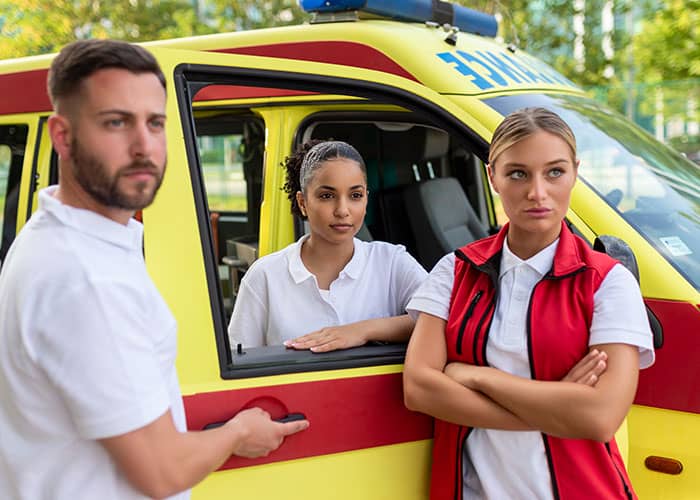
That unless you are an emergency department nurse, I don’t need your help. Being a nursing home nurse, or working in a clinic is great… But it doesn’t give you any useful emergency skills. And if you are a nursing student, or a CNA… You are not a nurse. Do not introduce yourself as such.
Otherwise, if you are witness to something, give a brief summary of events and then stand aside and let us do what we have to. Also, realize medical shows are largely BS so if we aren’t doing something you think we should be… There is probably a reason.
Lastly, pt privacy is huge to us. If we are at your neighbors or friend’s place, please don’t ask us what is going on, or where we are going, or anything else about their condition. We can’t tell you, by law. And if we did, we would be in big c**p so don’t get mad.
That is all I can think of at the moment. Of course, the other posts mentioning learning quality CPR and not moving a pt out of a car are also huge.
Have a safe holiday and remember to THROW the d**n fireworks!
#38
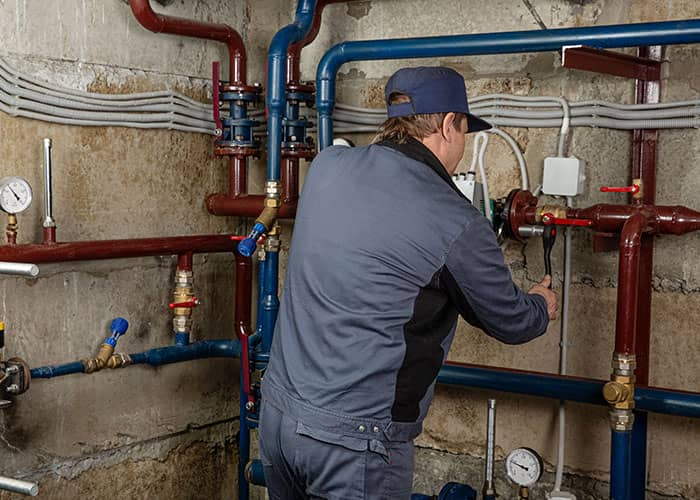
While not a medical emergency, I often deal with natural gas leaks, which are an emergency situation that can quickly turn into a medical emergency. A few things to keep in mind.
1. Natural gas is generally treated to smell like rotten eggs. If you can smell rotten eggs throughout your house, and you don’t have eggs rotting anywhere, get out, and call the gas company. Most states use 811 for both utility locates and utility emergencies. DO NOT USE YOUR PHONE WHILE STILL IN YOUR HOUSE!
2. Do NOT take pictures, talk on your cell phone, start your car, or do anything that involves electronics or sparks. While the gas will generally dilute to non-combustible levels outside, it’s not always guarenteed, and if the gas is concentrated enough, the smallest spark from something as small as a cell phone can be enough to set it off.
3. If you damage a natural gas line, do not try to stop the flow of gas. Most gas lines put in the ground over the last 30 years or so are plastic, generally 2″ in diameter or smaller, and are fairly pliable. A lot of people will try to bend and pinch off the gas line in order to stop the flow of gas. Over the last year, I have seen explosions destroy two houses, k*****g 1, because a construction contractor hit a gas line and tried to stop the flow of gas, which disrupted the gas pressure enough to burst a pipe feeding a home.
4. If you are caught in an area with natural gas flowing, cover up every bit of flesh you can, preferably with cotton.
#39
Not an emergency responder, but one once told me the rule of thumb for staying away from the scene of an emergency: if you can’t cover the scene with your thumb, you’re too close.
#40
You know how you rarely, if ever, have called 911? I bet you’re only calling because you are having the day in your life when you suddenly needed help the most. Well, the people who come to help have responded to worse situations earlier this week. It’s not that we don’t share your concern. It’s just that we have learned to keep our wits and deal with the problem systematically. And then we’ll just leave and wait for the next call.
You’ll have to deal with all the cleanup/insurance/etc. yourself.
#41
Not an emergency responder, but a word of advice to bystanders **AND especially EMTS**: Check for a d**n medical emergency bracelet or emergency information card attached to my drivers licence.
#42
If you don’t know CPR, don’t try to just blindly attempt. You could end up doing more damage than good. Never, ever assume things and if there’s any hint of doubt, call 911.
#43
Take your own pulse first, it’s not your emergency. Also, if it’s wet, sticky, and not yours…don’t f*****g touch it.
#44
Don’t be driving by a car accident and call 911 but not stop. Depending on the situation, some people don’t need or want an ambulance. And now you’ve taken one of more ambulances out of service temporarily to respond to a scene that we’re not wanted at. And someone has to pay for us just responding, even if they didn’t call. Also, if you’re driving by you can’t tell us how many patients there are and how critical they are. If you’re going to call, stop and see if anyone wants you to/is incapable of calling because they are badly hurt. It helps us knowing more information about what we’re going to.